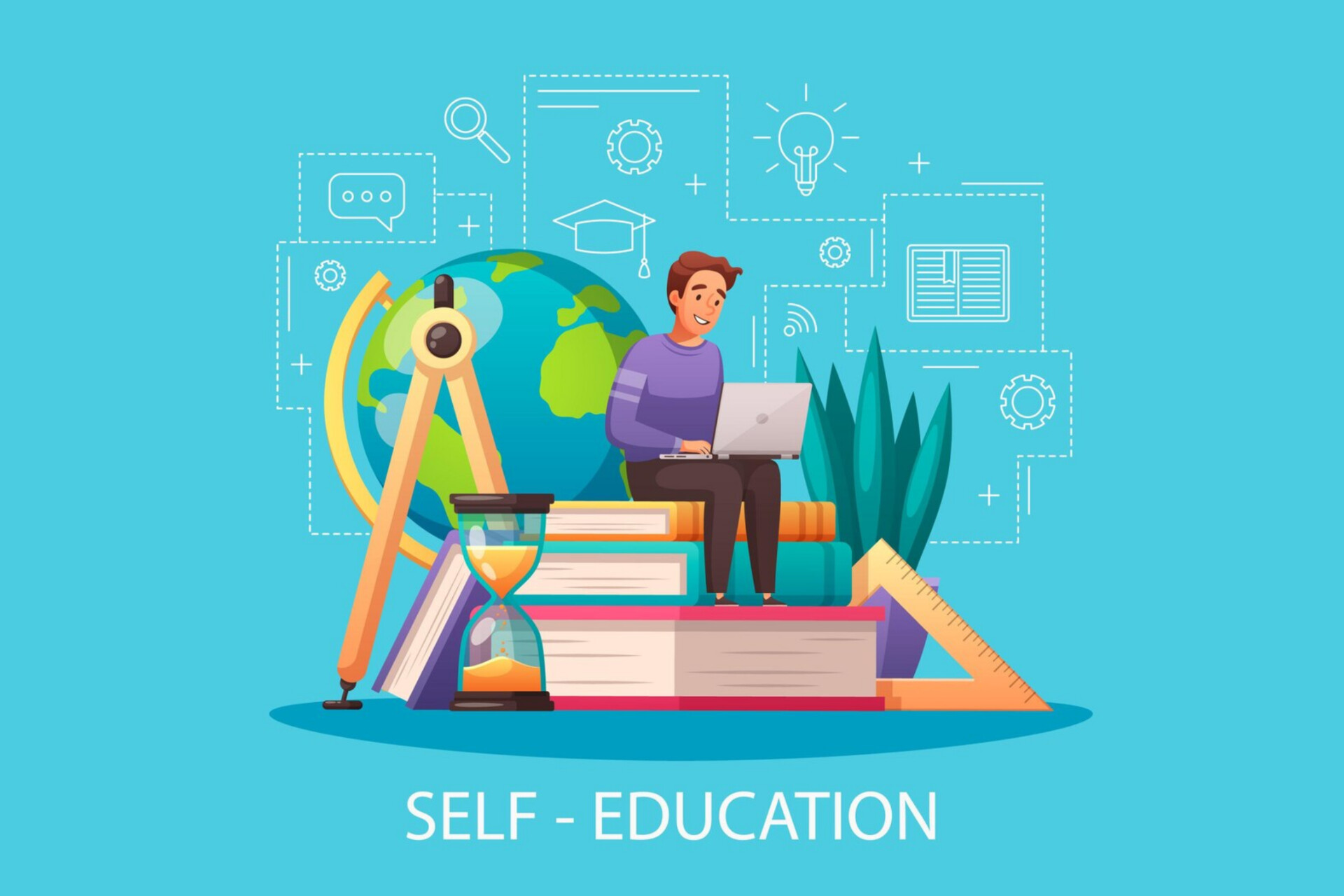
Educators and administrators face a number of growing problems related to effective administration, educational outcomes, enrollment, campus safety, and student and parent satisfaction. Formal education systems vary across countries and cultures, but they typically involve structured learning environments such as schools, colleges, and universities. These institutions provide a curriculum designed to impart a broad range of subjects, including mathematics, science, humanities, arts, and more. Education not only imparts subject-specific knowledge but also fosters essential life skills, including communication, problem-solving, teamwork, and adaptability.

